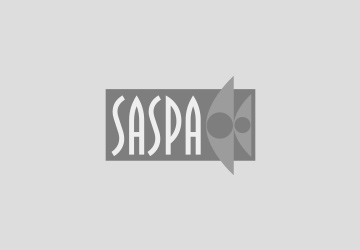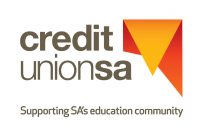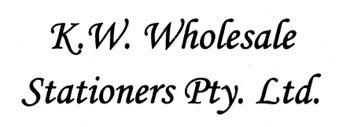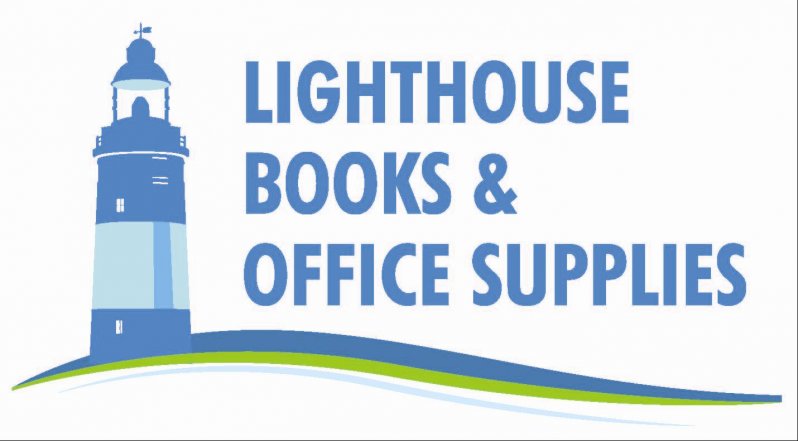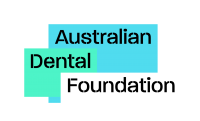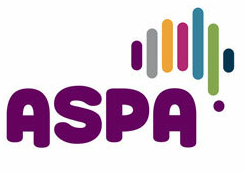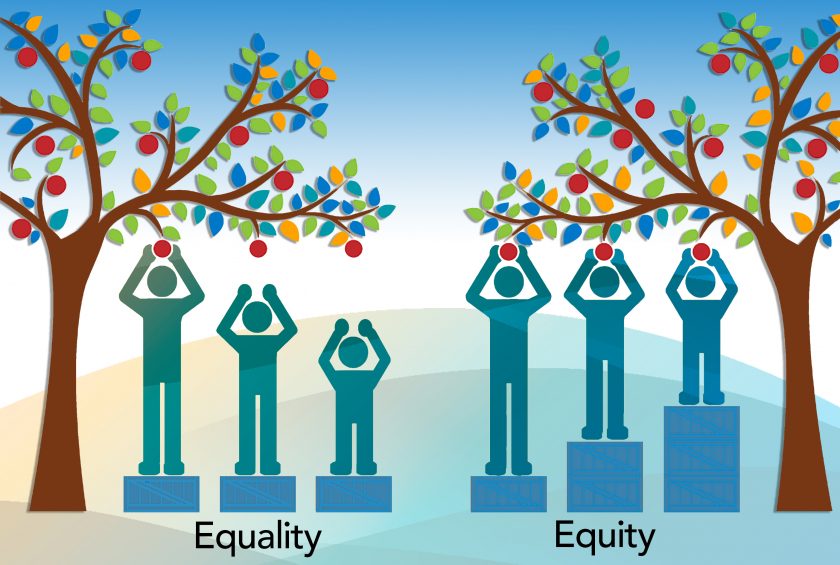
Covid-19 and the voice of students
19th April 2021
Last year with the onset of Covid 19, SASPA published several posts covering its significance and impact on schooling. Even though its direct impact on schools in SA was not as great as in other national jurisdictions – eg Victoria – and nowhere near as disruptive and damaging as in other overseas settings, everyone recognised the profound impact of the pandemic. Central to all observations, was the recognition that the pandemic greatly exacerbated the inequalities that already existed in school systems.
Covid 19: Principals begin to reflect
This post offered a snapshot of the impact of the pandemic in school systems around the world and looked at the changes forced on schools as they strove to fulfil their educational charter. Across the world, the forced transition to ‘home-based schooling’ created many problems and, most critically, it highlighted the significance of what had always been referred to as the ‘digital divide’. Some theorists noted that it had suddenly become more of a ‘digital chasm’. Teachers, individual schools and school systems developed emergency responses to the crisis and, overall, the schooling sector was one social institution that was praised for its professional response.
Covid 19: compromised schooling and the true nature of educational disadvantage
This post offered a closer look at the central issue of educational disadvantage as highlighted by the impact of the pandemic.
It appears that there are several critical insights to take from the experience of the widespread closure of mainstream schooling across the world. Home schooling or remote schooling lowers overall education outcomes and, most tellingly, accentuates educational disadvantage for those already at risk or disadvantaged in mainstream education.
The experience also highlights just how important the conventional, mainstream (state) school is in directly addressing both educational disadvantage and the other forms of disadvantage sitting behind it. Removing access to such schooling can have dire consequences beyond the school room and school yard.
In a real sense, the pandemic reminds us of how for many decades we have worked to ensure that the local state school serving its community represents the most level educational playing field we can construct. The pandemic has forcefully reminded us of the importance of the state school as, arguably, the key lever we have to effect social change that limits disadvantage and promotes a fairer and more productive society.
At the same time, the pandemic has also demonstrated how entrenched and complex disadvantage in its broadest sense remains in the wider society. It has focused our attention on the extent and nature of disadvantage beyond the school that significantly limits the ability of the school to create the desired level playing field. It has forced us to locate our understanding of educational disadvantage within this broader perspective. Schools serving disadvantaged communities have always known this truth; but the pandemic has thrown it into sharper focus for everyone.
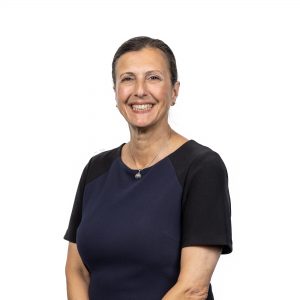
Thebarton Senior College and Covid 19
This third post covered the situation at Thebarton in August 2020 when a small number of infections forced the closure of the school, the self-isolation at home of staff and students and, for another 50 students, and a handful of staff, a period of quarantine in medi-hotels. It presented a case-study of how the school handled the situation and highlighted the critical importance of communication in the school’s very professional management of the crisis.
Where do the students’ experiences fit?
One important voice missing from the overall perspective on the impact of Covid has been that of young people. We have heard a great deal from professional bodies, public agencies, private institutions and all levels of government but we have heard very little from the younger generation. Yet young people were dramatically affected by Covid and, arguably, it will have a long-lasting impact on their future. The pandemic has been and remains a critical issue for our students. With this in mind, principals, and educators generally, should be grateful for the work undertaken by the office of the Commissioner for Children and Young People (CCYP) here in SA. The Commissioner has produced a comprehensive booklet that both details and analyses young people’s responses:
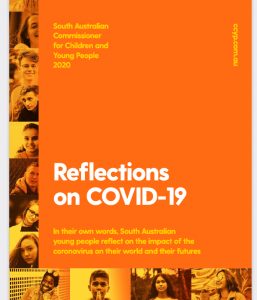
The publication is highly recommended.
The Commissioner’s work in this space is important in three key ways.
Firstly, the Commissioner makes the case for why students’ experiences and opinions – their ‘voices’ – should be sought out, listened to and added to the broader social and political ‘conversation’. There is a detailed rationale – Why Listen to Young people – of the Commissioner’s approach. It is a very significant and powerful statement. While the focus is the effects of the pandemic, it is very clear that the Commissioner is arguing the case for a far more expansive sense and sophisticated appreciation of ‘student voice’ than educators might normally presume.
Secondly, the publication does offer a comprehensive and incisive sampling of young people’s responses to and reflections on the pandemic. It is definitely a case of students ‘in their own words’; and their words are powerful, refreshing and often challenging.
Thirdly, the publication uses the students’ voices both to set and amplify a critical analysis of the overall impact of the pandemic on young people’s lives and futures. It highlights critical issues – the heightened experience of educational inequality, the central importance of the school and (face-to-face) schooling in young people’s lives, the community’s dependence on and trust in expert, impartial and transparent information …. – and lays down critical challenges and potential future directions.
The last section of the publication – The Way Forward – sets out exciting possibilities and significant challenges, all thrown into sharper relief by the experiences of 2020. Consider, for example:
If we want to grow confident, creative, and connected young people who are able to participate in society, we need to grow jobs, employment and participation opportunities that come from within their own communities. We need to look closely at the work and career ecosystems we put in place to do this, and with direct input from them. The disjointed approach we currently use, just won’t get us there.
and
At a broader community level, young people want to see kindness, more equality, more listening and more trust in the world. Their desire for greater mutual respect and for equality and fairness underpins many of the changes they want to see made in their own lives. Along with ensuring all children receive a quality education, and that those doing it tough are well supported, they want discrimination and racism to be eliminated, homes that are much more affordable, and equal access to digital technology for all.
and, lastly
During the last decade or more there has been significant levels of consciousness raising around mental health, particularly in relation to Australia’s young people for whom it is widely acknowledged there is a ‘mental health crisis’. Young people across South Australia have described accessing the mental health care system as a hit-and-miss experience; that responses to their needs are falling well short of what is required. Young people want to see mental health services delivered in a more timely way, be made much more accessible, and operate in an informed manner. In a post-Covid-19 world, young people want to see a greater focus on delivery of age appropriate health services, respectful of the diversity of experiences and identities young people have.
Overall, the publication is a critical resource as principals and their schools look to ‘learn’ from the Covid-19 pandemic. Click here to access.

